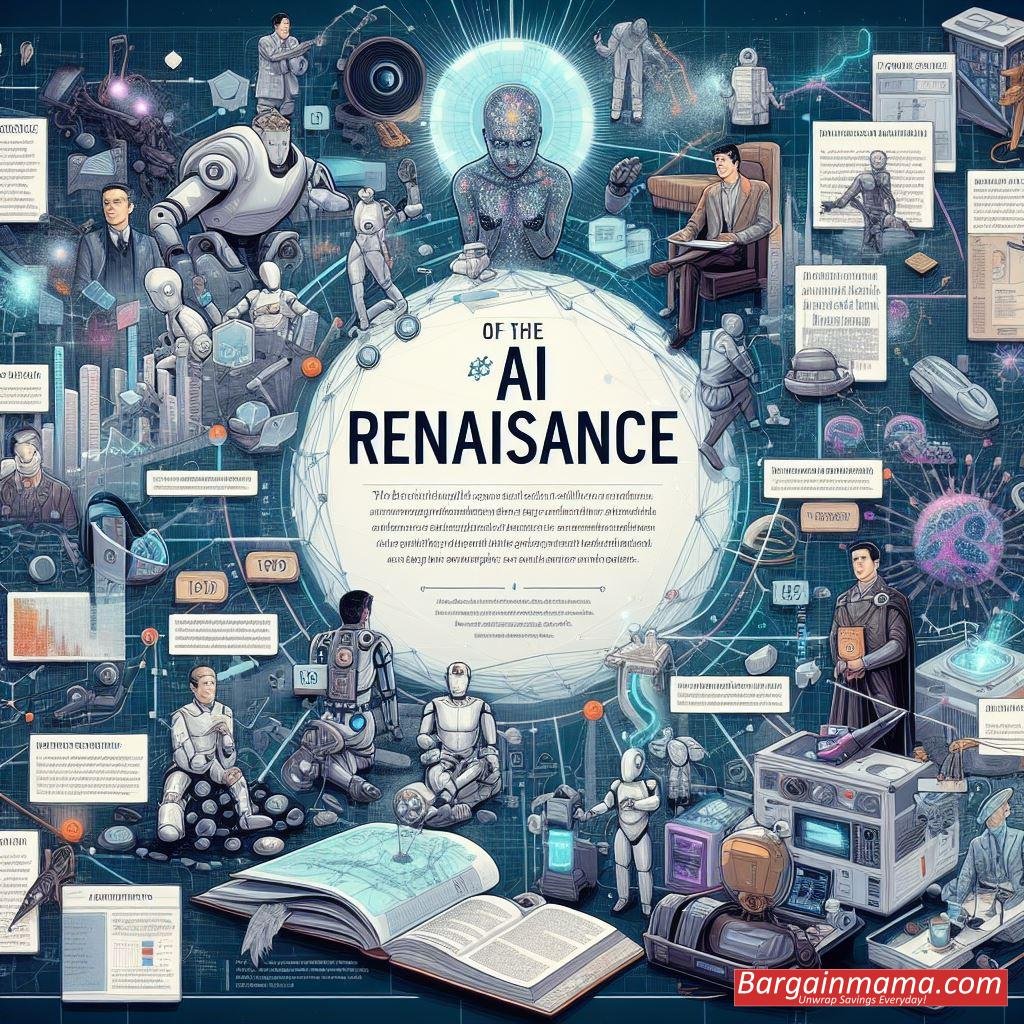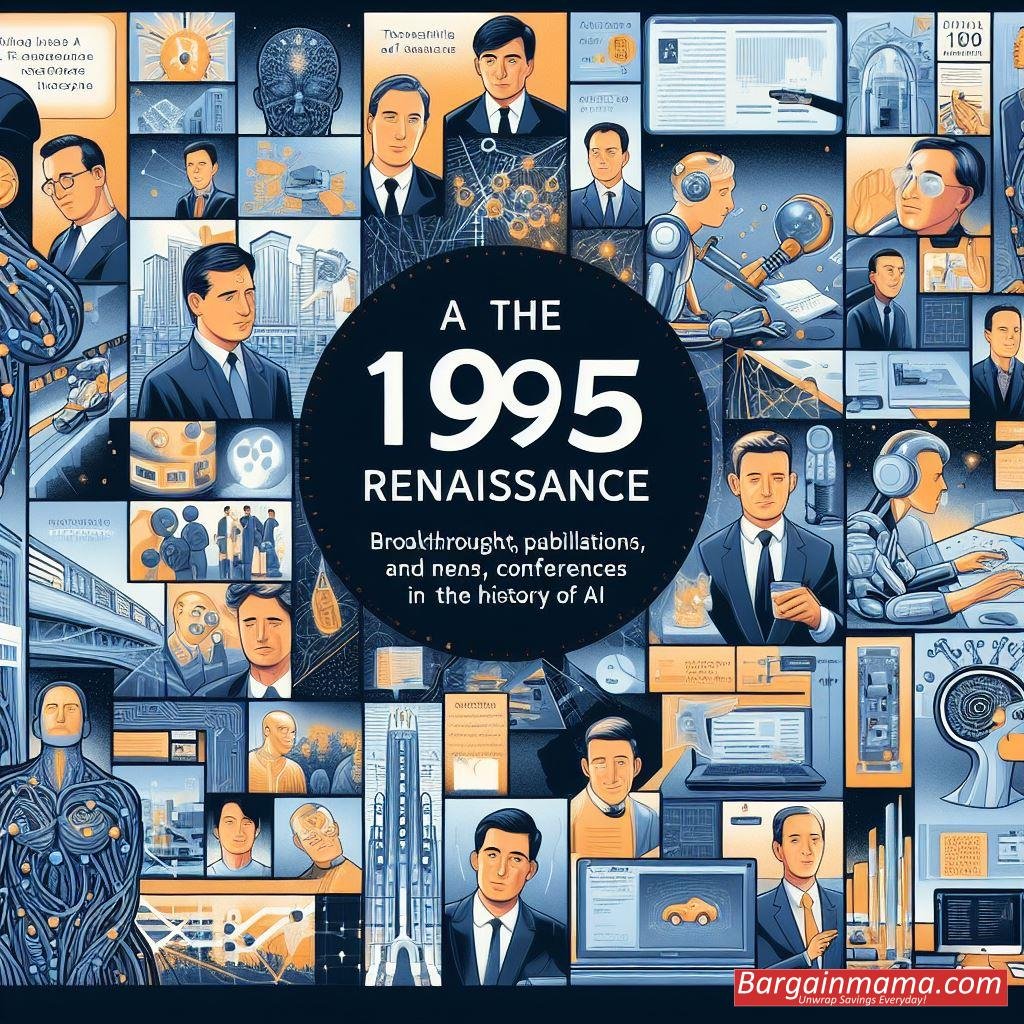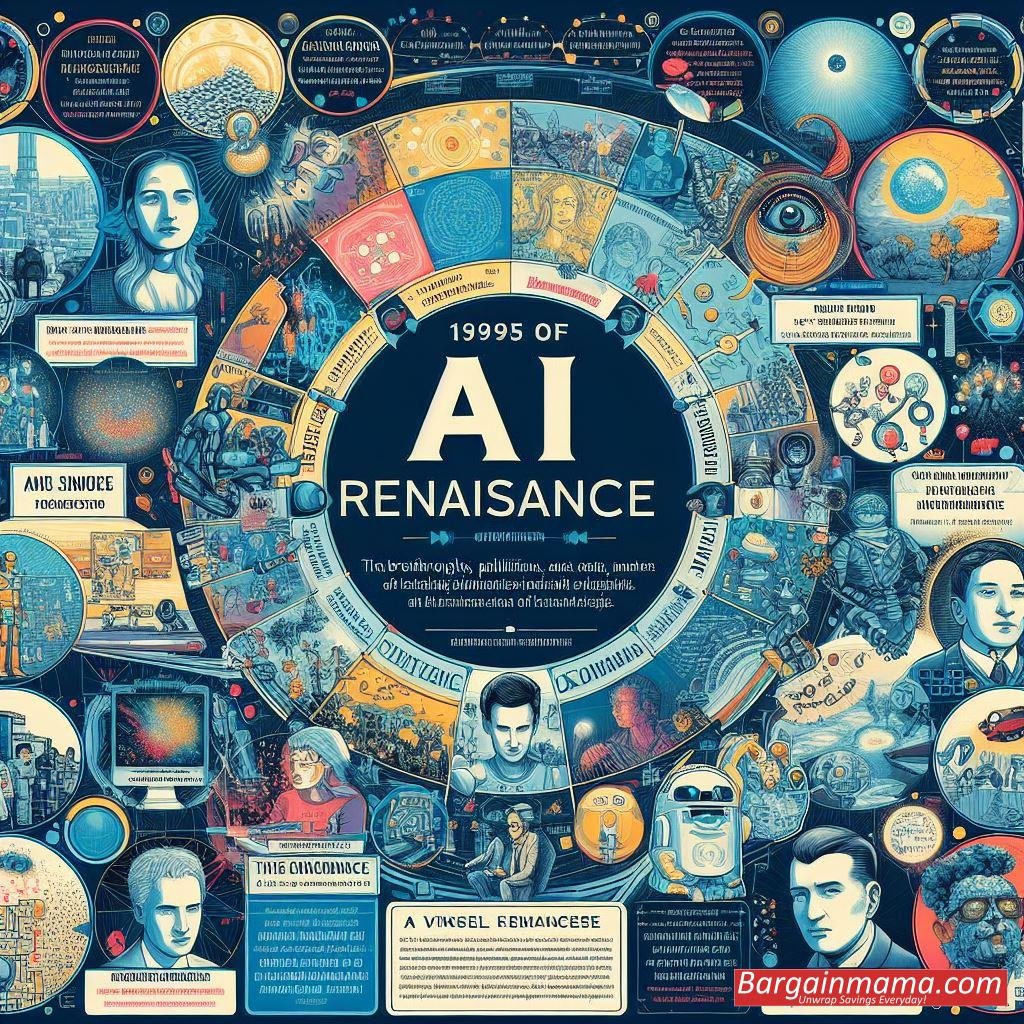History repeats itself in the field of technology, and it appears that artificial intelligence (AI) is currently going through a renaissance akin to the internet boom of 1995. This period of time is being referred to by analysts as a “1995 Moment,” as they predict a sustained upsurge in AI research and investment that will influence the IT industry for many years to come. Leading the charge in this transformation are Nvidia’s state-of-the-art graphic processing units (GPUs), which are sought after by big tech companies to fuel their AI initiatives.

Wedbush Securities tech analyst Dan Ives compares the present AI craze to the commercialization of the internet in the middle of the 1990s. He compares the enormous $1 trillion in investment that the AI industry is expected to see over the next ten years to the revolutionary effects that the internet brought about in society. AI has the potential to completely change the way we interact with technology and data, much like the internet did when it came to new opportunities and businesses.
With its cutting-edge GPUs, Nvidia becomes a key character in this story. These GPUs are the foundation of many AI models used in commercial applications as well as consumer-facing technologies such as OpenAI’s ChatGPT. Ives highlights that Nvidia’s leadership in the AI hardware space is just the start of a larger investment tsunami that will completely transform both consumer experiences and industry landscapes.

The need for Nvidia’s AI processors is not limited to traditional IT behemoths. Prominent software vendors like Adobe, Oracle, and Salesforce are just a few of the several businesses vying for these revolutionary technologies to enhance their products. According to Ives, this need for AI skills is a “transformational tech trend” comparable to the 1990s internet boom, indicating a profound change in the way companies use automation and data.
Though there are similarities to the late 1990s dot-com boom, Ives assures investors that the current AI craze is based on stronger foundations. Artificial intelligence investments of today are grounded on concrete developments and practical applications, in contrast to the speculative investments and overvaluations that defined the dot-com period. The fact that Nvidia’s fourth-quarter profits above estimates and brought in $22.1 billion in sales highlights the ongoing momentum behind the AI boom.
The CEO and co-founder of Nvidia, Jensen Huang, agrees, predicting a time when artificial intelligence would penetrate every aspect of civilization. Industries ranging from financial services to entertainment, healthcare to automotive are using AI-driven solutions to create new opportunities and boost productivity. According to Huang, Nvidia’s GPUs will become a global corporate necessity, ushering in a new era of innovation and expansion.

Clearly, the AI revolution is only beginning as we stand on the cusp of a new technological era. AI has the ability to drastically change our world, and Nvidia is leading the way in this regard. There are a plethora of unexplored application cases for AI. Huang sums it up well when he says, “We’re really just getting started.” So grab a seat, because AI is experiencing a renaissance with almost endless potential.



